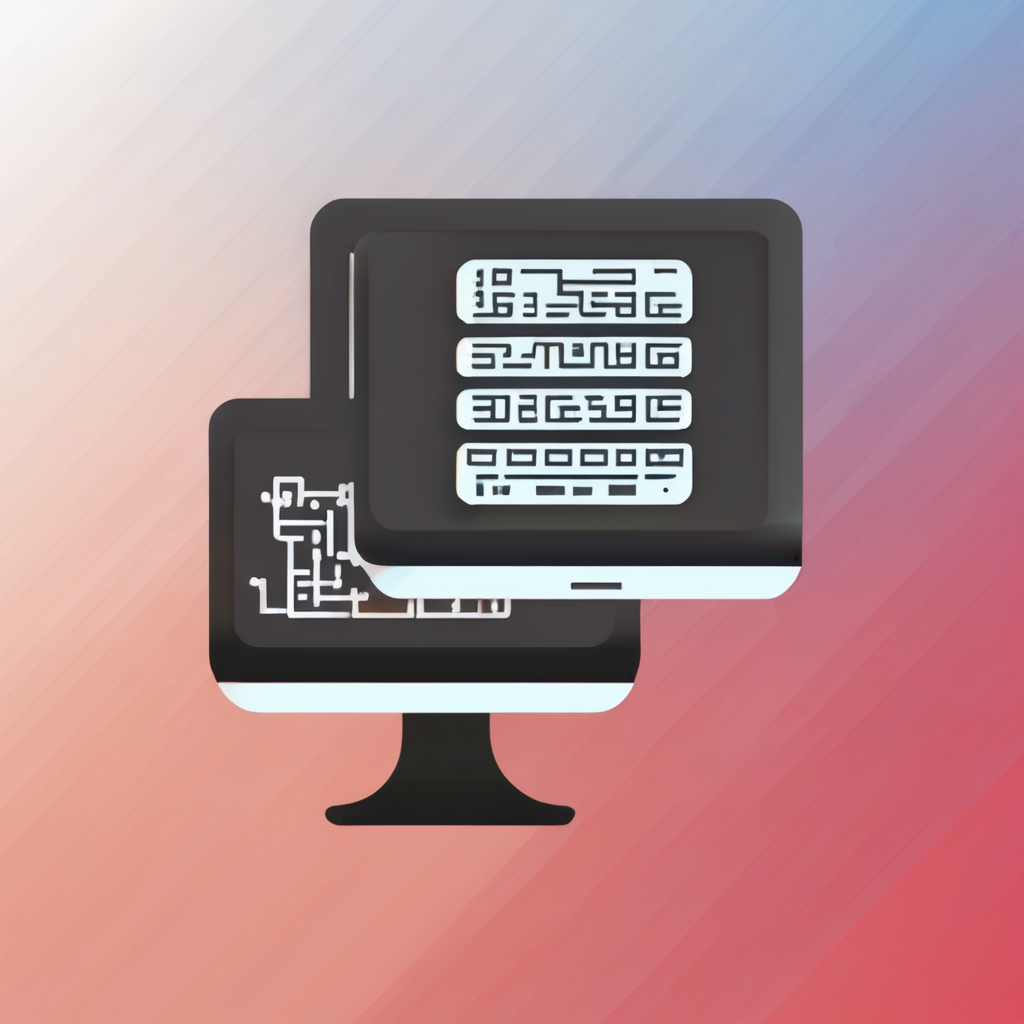Influence of UK-Developed Computing Hardware on Daily Life
The UK computing hardware landscape has profoundly shaped technology influence across daily life in the UK. British innovations in hardware have permeated diverse environments, from homes and offices to expansive public domains. Key types of computing hardware originating in the UK include early microprocessors, advancements in semiconductor technology, and pioneering efforts in networking equipment.
In households, UK-developed technologies manifest in everyday devices such as smart home systems and personal computing equipment that utilize British-designed chips or components. Workplaces rely heavily on these innovations, especially in sectors like finance and telecom, where UK hardware underpins servers and communication infrastructure. Public spaces also benefit from UK contributions, evident in transport systems and digital kiosks supported by domestically produced computing technology.
Additional reading : How can UK computing hardware innovations benefit the healthcare sector?
British contributions to computer hardware innovation have set foundational standards. For instance, UK engineers played pivotal roles in the development of microprocessor architectures and computer memory technologies. These breakthroughs not only propelled the local tech industry but also influenced global hardware trends. By embedding UK-developed hardware in countless applications, the technology influence on daily life in the UK remains both far-reaching and deeply integrated.
Applications of Computing Hardware in Key Sectors
Computing hardware plays a crucial role across UK technology in sectors such as education, healthcare, business, and the public sector. In education, robust hardware supports classrooms with interactive whiteboards, tablets, and laptops, facilitating both traditional and remote learning tools. These devices enable real-time engagement and efficient access to digital resources, making education more accessible and adaptable to student needs.
In the same genre : What are the benefits of UK computing hardware in healthcare innovations?
In healthcare, advances in digital hardware have revolutionized patient monitoring and records management. Devices like wearable sensors and advanced imaging equipment continuously collect patient data, improving diagnosis and treatment. Electronic health records stored on secure hardware systems ensure accurate, up-to-date patient information is available to healthcare professionals when needed.
Within business environments and the public sector, computing hardware integration enhances operational efficiency and service delivery. Businesses rely on powerful servers, desktops, and mobile devices to manage communication, data processing, and customer relations. Similarly, public services utilize secure computing hardware to streamline services, from benefits processing to emergency response coordination, ensuring reliability and timely support for citizens.
By embedding hardware in education, healthcare, and public sector systems, the UK continues to promote innovation, efficiency, and improved outcomes across critical industries.
Impact on Communication, Work, and Leisure
The evolution of communication technology has dramatically reshaped how individuals connect, work, and unwind. At the core of this transformation lie essential hardware components such as broadband, tablets, and smartphones. Broadband connectivity provides the backbone for seamless digital communication, enabling fast and reliable access to online platforms. Tablets and smartphones serve as versatile portals, allowing users to participate in video calls, messaging, and social networking without geographical constraints.
In the context of the UK, this hardware advancement has been pivotal in facilitating remote work UK trends. The ability to work flexibly from home or various locations depends heavily on robust communication tools and widespread broadband coverage. Employers and employees alike benefit from this flexibility, as it encourages more balanced working environments that accommodate personal commitments and reduce commuting times.
Beyond work, these technologies also significantly influence digital leisure activities. Home entertainment has embraced gadgets like gaming computers and smart TVs, fostering immersive experiences that cater to diverse interests. Smart TVs, often paired with broadband, serve as gateways to streaming services and interactive content, while gaming computers provide powerful performance for a growing community of gamers who enjoy engaging both casually and competitively. This synergy of communication technology and digital entertainment devices emphasizes the blended nature of modern lifestyles, where work, communication, and leisure interconnect seamlessly.
Advancements, Accessibility, and Digital Inclusion
Recent technology advancements UK have notably enhanced computing hardware, driven by innovative companies focused on creating faster, more efficient devices. These developments have paved the way for greater digital accessibility, especially for underserved communities. Improved processing power and energy-efficient designs have lowered costs, making technology more affordable across the UK.
Addressing the digital divide UK remains a priority. Efforts include expanding broadband infrastructure to rural areas and developing devices tailored to people with disabilities. These initiatives directly target accessibility challenges, enabling a wider population to benefit from digital tools.
Both government and private sector programs actively promote inclusive digital access. Projects emphasize training and support to ensure that all citizens, regardless of background or location, can utilize modern computing advancements. Governments provide funding and policy frameworks while private companies innovate adaptive technologies, bridging gaps in digital literacy and hardware availability.
By combining hardware innovation with accessibility-focused strategies, the UK continues to reduce the digital divide UK and foster an inclusive digital environment where technology advancements UK create meaningful opportunities for everyone.
Economic and Societal Impacts of Computing Hardware
Computing hardware plays a critical role in shaping the economic impact technology UK experiences today. The sector contributes significantly to the UK economy through manufacturing, research, and development activities. Not only does it generate substantial revenue, but it also attracts investment, stimulating growth across related industries such as software, telecommunications, and retail. This economic influence helps maintain the UK’s competitive edge in the global technology landscape by fostering innovation hubs and technology clusters.
Regarding the job market technology UK, computing hardware drives a dynamic transformation. Traditional roles evolve, while new career opportunities emerge in design, engineering, and maintenance of hardware systems. There is an increasing demand for skilled professionals proficient in hardware integration and system architecture. Moreover, this shift encourages educational programs to adapt, preparing the workforce for future roles shaped by advances in computing technology. The sector’s ripple effect on employment extends beyond direct tech jobs, influencing sectors like logistics and support services.
At a societal level, societal change triggered by computing hardware adoption permeates everyday life. Widespread availability of devices accelerates digital inclusion, connecting communities and enabling new forms of communication and collaboration. Such technology fosters access to information, education, and services, profoundly altering social interactions and economic participation. However, this change also presents challenges, including the need to address digital divides and ensure equitable access. Overall, the integration of computing hardware significantly reshapes UK society, driving both opportunities and demands for adaptation.

